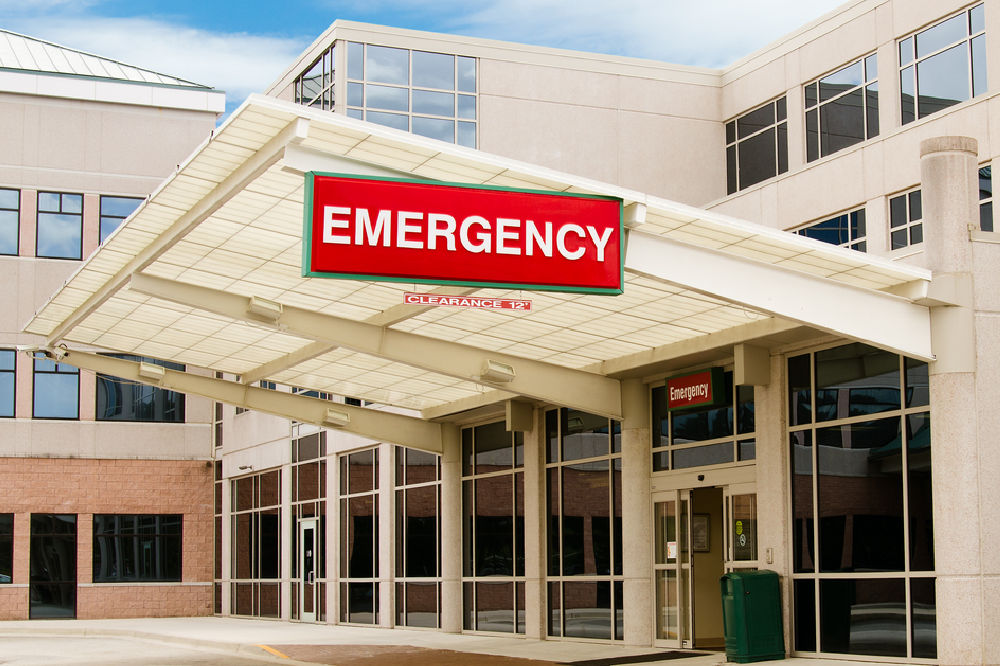Emergency room malpractice is more common than any of us would hope. Medical errors are the third-leading cause of death in the U.S. When you are in crisis and rush to the emergency room, you hope to get the help you need. Hospitals and workers are dedicated to helping and treating patients, but sometimes things don’t go as planned. Surveys by the Centers for Disease Control showed that 20 percent of American adults ages 18-64 said they had been to an emergency room for health care at least once during the previous year.
Often emergency rooms are high-traffic areas full of stress. There are always more patients than doctors and staff members are spread thin. Pulling long shifts and looking after multiple cases is not a scenario set up for success. Shift transitions, language barriers, and miscommunication can all be causes for patients not receiving their best care. Other reasons are a lack of proper staff training, inaccurate data input, and improper patient tracking.
You deserve the best care, regardless of your circumstances or where you choose to go to be seen. If you or a loved one are a victim of emergency room malpractice, it’s vital that you contact a medical malpractice attorney as soon as possible to discuss your case.
What is Emergency Room Malpractice?
Malpractice is when a medical practitioner is found to be negligent of a patient’s care and/or doing something illegal.
In all of the hustle and bustle of emergency departments, errors are common. These mistakes are sometimes just that: mistakes. Humans aren’t machines and unfortunately can miss signs or symptoms. According to the National Library of Medicine, over 100,000 people die each year due to medical malpractice, and nearly half of these are from emergency room errors.
Common Emergency Room Errors
Below is a list of a few common emergency room errors.
- Misdiagnosis
- Delayed treatment
- Failure to accurately evaluate
- Misread x-rays
- Inaccurate medication dosage
- Failure to monitor patients
- Surgical errors
- Inaccurate laboratory results
- Preemptive discharge
- Failure to effectively communicate
The Most Commonly Misdiagnosed Conditions
- Internal bleeding
- Stroke
- Appendicitis
- Myocardial infarction (Heart attack)
- Pulmonary embolism or DVT
- Aneurysm
Seeking Legal Action
You’ll need an attorney if you choose to submit a complaint and seek legal action. Working with your malpractice attorney in Indiana, you’ll need to prove three things.
- The doctor in question owed you a duty of care and failed to meet it
- The doctor’s care was below standard, and they were negligent to your needs resulting in continued or worsening health problems
- The extent of your suffering caused by the doctor’s failure to treat you properly
Information is the most crucial piece when putting a case together. If you have the capacity while in the hospital, you should ask questions and take notes or designate a friend or family member to do so for you. Document your recovery, take photos, and make a daily journal of your injury’s recovery. This will help your attorney. These resources can be beneficial if you have a pre-existing condition. Pre-existing conditions do not exempt you from compensation but can make it harder to prove your case.
Compensation for Emergency Room Malpractice
In Indiana, the statute of limitations for filing a medical malpractice claim is two years from the date of the alleged malpractice. With a successful emergency room malpractice claim, damages are capped at $1.8 million. The medical providers are responsible for the first $500,000 and the Indiana Patient’s Compensation Fund covers the excess up to an additional $1.3 million.
Call Crossen Law Firm: The Indianapolis Medical Malpractice Attorney for You
The best thing you can do while seeking compensation for malpractice is to work with an experienced attorney. At Crossen Law Firm, we are dedicated to taking care of you and your loved ones. We want to make sure you receive the compensation you deserve and can afford to continue seeking medical care for your injuries. Contact us today for a free consultation.

 317-401-8626
317-401-8626 
.jpg)